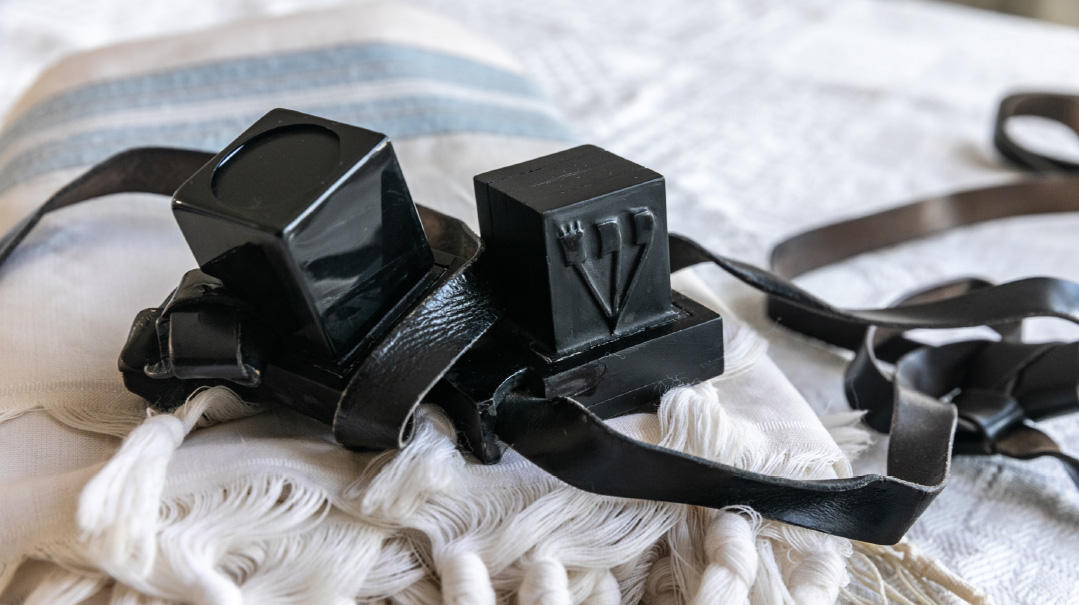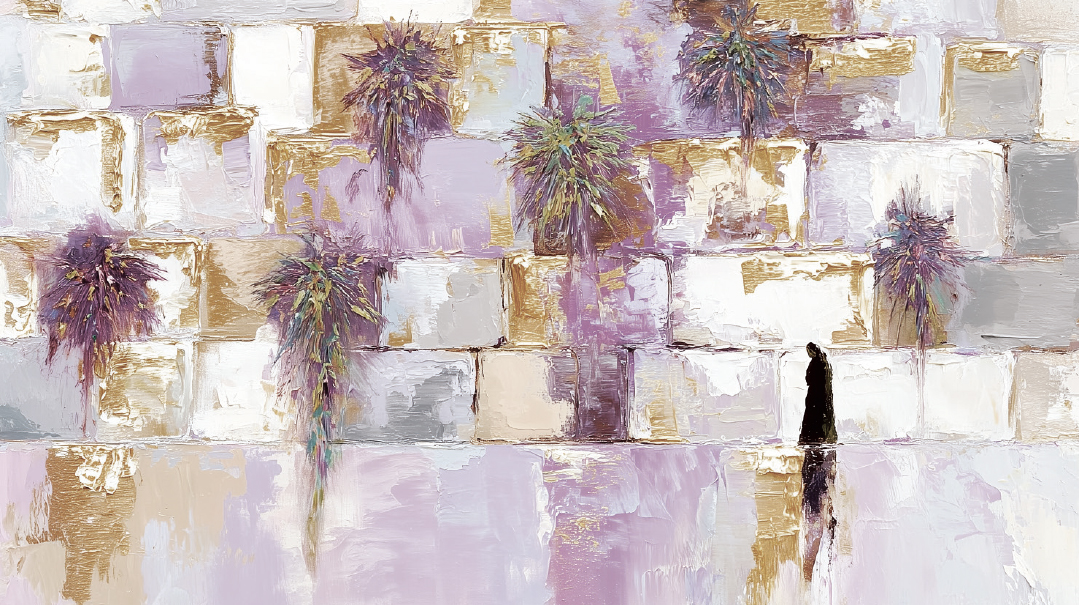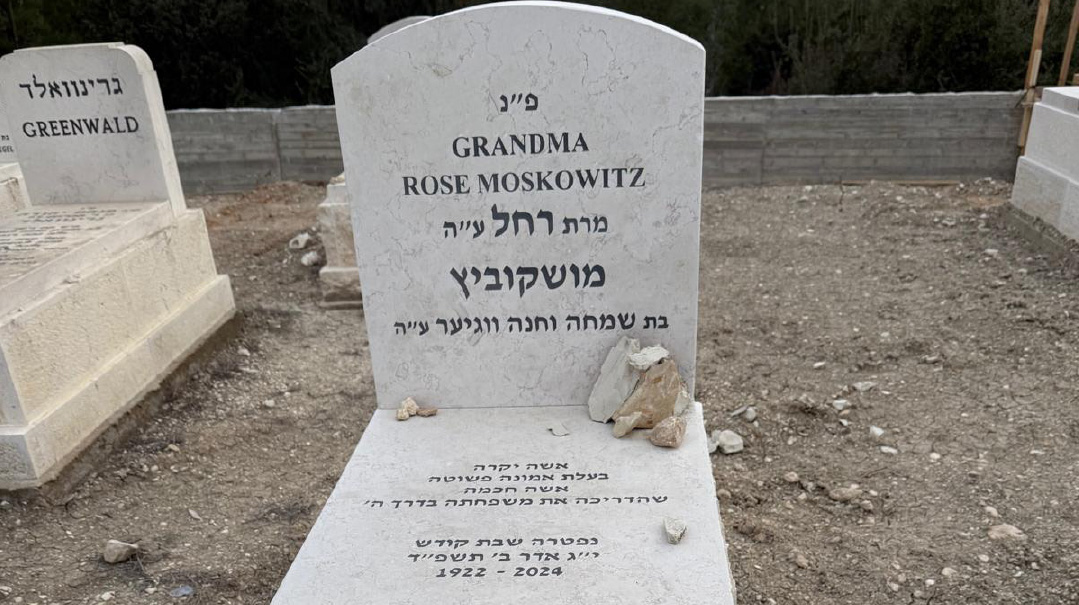Losing Control Before Hashem
| February 18, 2025“You reminded us of what these prayers are all about. It was authentic”

During a recent visit to Israel, I was honored on Shabbos with the aliyah of maftir and leading the congregation in Mussaf. The gabbai informed me that I would also recite a Mi Shebeirach for the people of Israel, the soldiers fighting in Gaza and Lebanon, and the hostages held by Hamas.
The haftarah that Shabbos was the story of David and Yonasan — an extraordinary account of friendship, loyalty, and courage against long odds, and a poignant prelude to the responsibility I was about to assume. When the gabbai called on me to recite the Mi Shebeirach, I felt the weight of the moment. Inspired by the narrative of David and Yonasan, I began reciting the prayer for the people of Israel.
Then I reached the prayer for the soldiers — “yatzileim mikol tzarah v’tzukah, yadbeir soneinu tachteihem” — asking G-d to protect the people of Israel, heal them, and defeat their enemies. My throat tightened; my voice caught. Tears streamed down my face, and I began to sob.
I couldn’t go on.
A heavy silence filled the synagogue.
I was mortified. Here I was, a visitor from Baltimore who was living in comfort and security and far from the front lines, surrounded by congregants whose children and grandchildren were fighting in Gaza and risking their lives in Lebanon. How could an American — an outsider — have the audacity to falter at such a critical moment?
Finally, I managed to pull myself together.
“L’hoshia es’chem — Hashem will save you,” I continued.
As I carried the Torah back to the ark, I briefly locked eyes with my brother Avi, who lives in Jerusalem and has children fighting in the war. That fleeting connection hit me hard, but I pressed on. I began Mussaf as though nothing had happened, determined to maintain my composure and fulfill my responsibility.
After the service concluded, I approached the rabbi to apologize for losing control.
“On the contrary, it was very welcome,” responded the rabbi, a reservist who had served in a tank crew and seen months of action in Gaza. “Here in Israel, living through this war, we sometimes forget to put meaning in to our prayers. You reminded us of what these prayers are all about. It was authentic.”
Humbled by his words, I thanked him. I then approached the shul’s rabbi emeritus, a towering figure who had built the kehillah over decades and was visiting that Shabbos. I had met him on previous visits, and I proffered the same apology.
“Selichah, Rabbi, for losing control.”
“Control?” he replied. “What kind of control did you ever have? Do you control anything? Do we? Do I? You were standing before G-d. You never had any control to begin with.”
Then he added, “I’m glad I was here to witness you losing control, because it was real.”
His words also struck a deep chord.
As I walked out, I reflected on the fact that both rabbis had offered profound perspectives, one on the power of authentic prayer, and the other on the ultimate humility of surrendering to Hashem’s will. That moment, though deeply emotional and initially embarrassing, became a lesson in prayer, vulnerability, and faith.
My loss of control wasn’t a failure — it was a testament to the depth of connection that prayer demands, a reminder that none of us is truly in control. All we can do is turn to Hashem with open hearts and sincere cries for help.
Shlomo Horwitz, a musmach of Yeshivas Ner Yisroel in Baltimore, is a director of a consulting firm near Washington, D.C. The author of Snapshots of the Divine (Adir Press/Feldheim), he is also the founding director of Jewish Crossroads, an educational theatre project that has provided creative Torah programming across the US, Canada, England, and Israel.
(Originally featured in Mishpacha, Issue 1050)
Oops! We could not locate your form.






